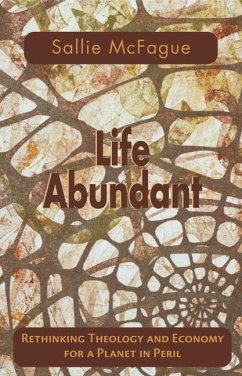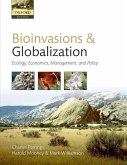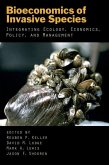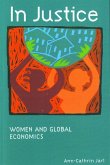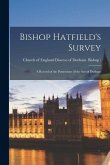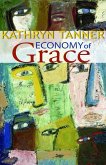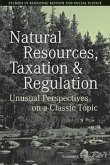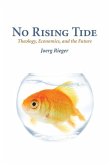In this splendidly crafted work, McFague argues for theology as an ethical imperative for all thinking Christians. It can help Christians assess their own religious story in light of the larger Christian tradition and the felt needs of the planet. She shows readers how articulating their personal religious stories and credos can lead directly into contextual analysis, unfolding of theological concepts, and forms of Christian practice.

